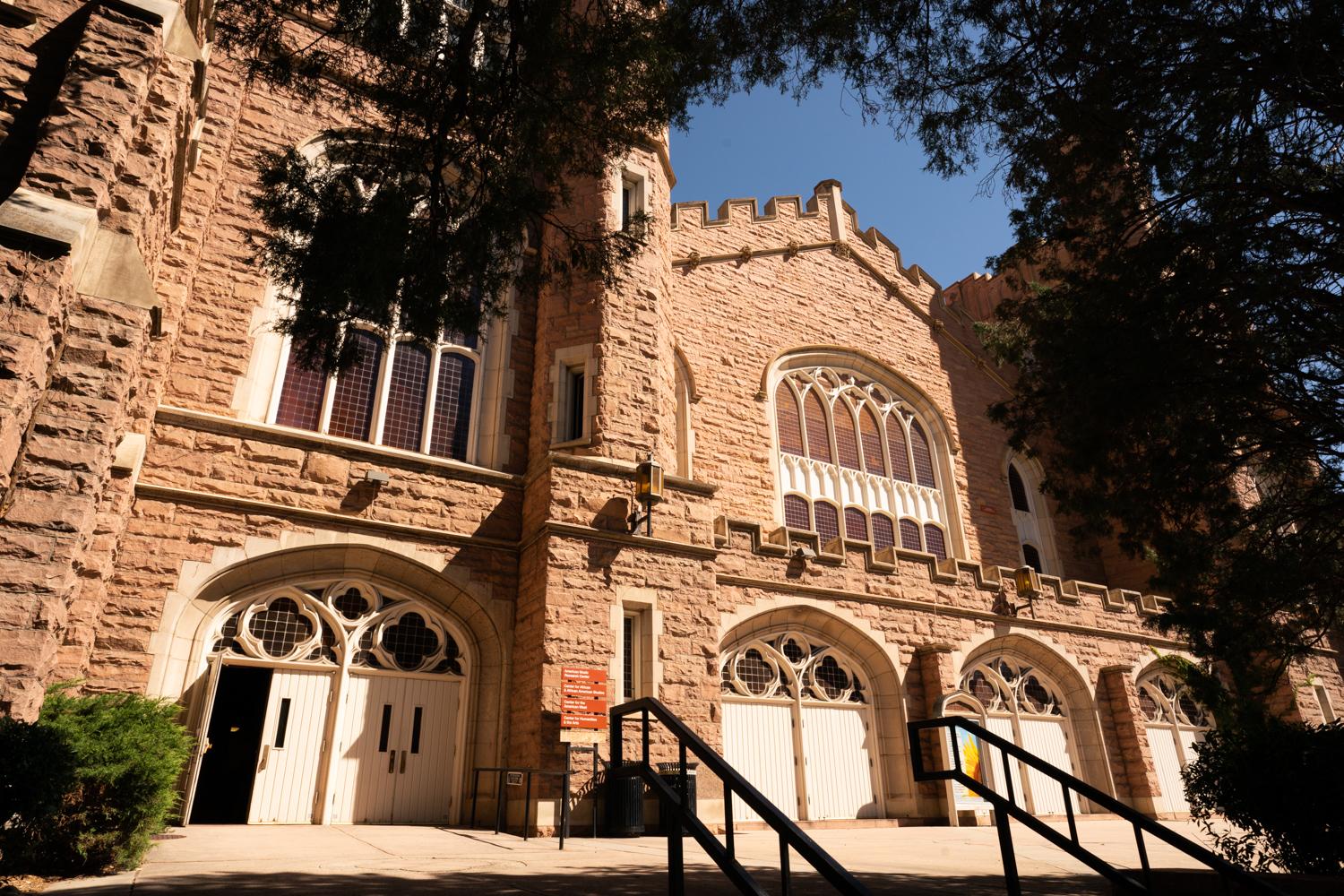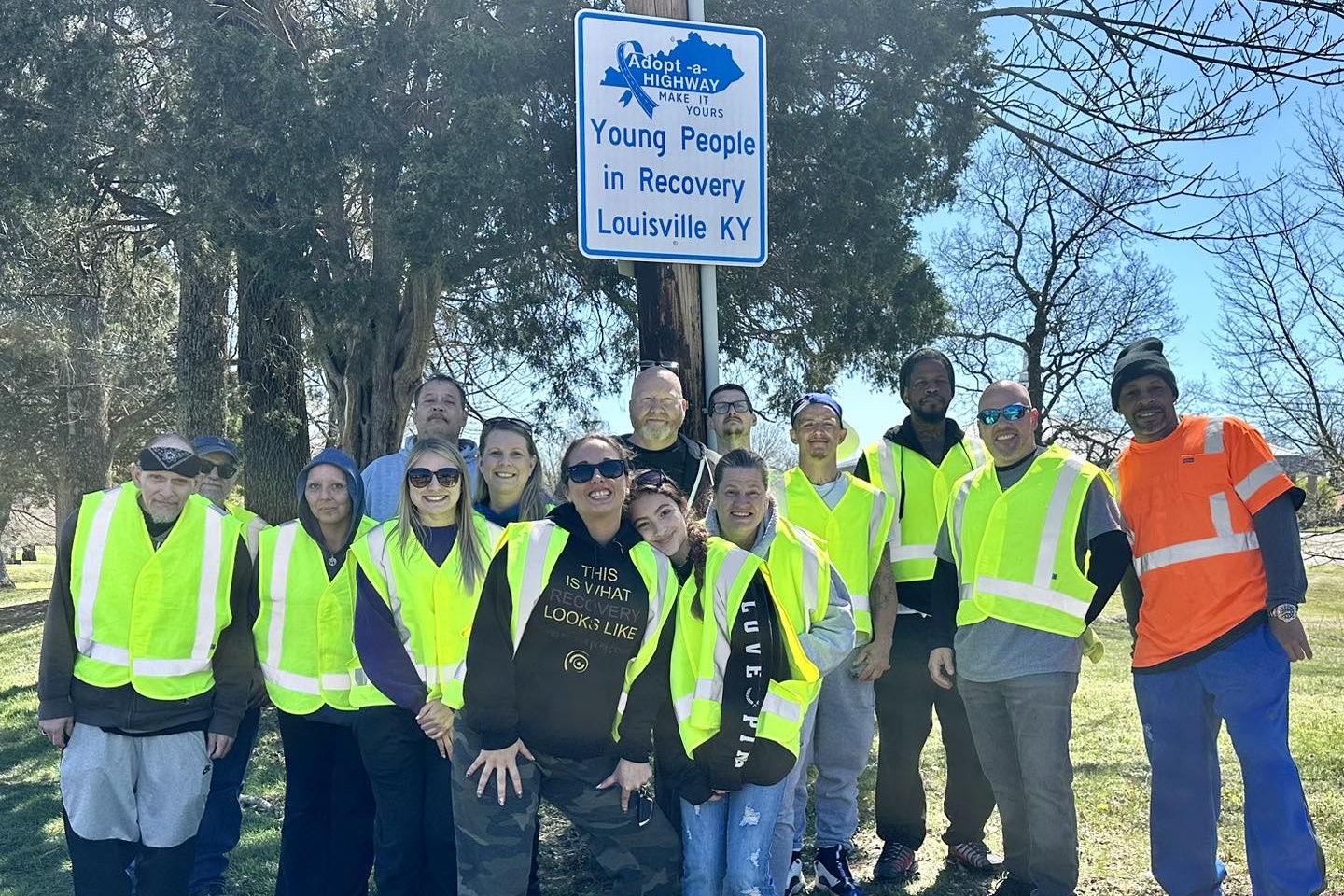
Colorado students can apply to all of Colorado's colleges and universities for free through Thursday.
It’s the seventh time all 32 public colleges and universities in the state – and several private ones – have hosted free application days. Students last year turned in almost 65,000 applications.
“With college application fees no longer a barrier, you can apply to your dream Colorado college or university,” said Gov. Jared Polis in a statement.
Any admissions applications that have been started but not submitted may not be granted a waiver. Any other admission documents that are not part of the actual admission application that institutions may require (for example, high school transcripts, letters of recommendation, etc.) can be submitted before or after Oct. 17 — the last day of free college applications.
Each institution has a unique process to waive the admissions application submission fee, which can be found at the Colorado Department of Higher Education website.
The state began the free application program in order to boost enrollment. In 2020, only half of Colorado high school seniors went on to a college, university or certificate program. But 95 percent of jobs paying about $77,000 and 65 percent of jobs playing about $40,000 require some form of post-secondary education, according to the Colorado Talent Pipeline report.
Many state institutions offer application waivers year-round for those experiencing financial hardship. Colorado’s community colleges, which offer many two-year and one-year certificate programs in fast-growing occupations, offer free tuition year-round.
Officials also urge students to fill out the federal aid application this year when it is released — Colorado students typically leave about $50 million dollars in grants on the table. Just about 42 percent of high school seniors in Colorado completed the FAFSA this year, about 3,000 fewer than last year. The state ranks 45th in FAFSA completion.
Though many students encountered computer glitches trying to fill out the form last year, the federal government announced Tuesday a successful first round of beta testing of the new form. It reported it did not uncover any critical bugs. The department said it learned a tremendous amount from observing students, families and community-based organizations fill out the FAFSA in real time as part of the beta testing.
“Our goal in this first stage of testing was to submit and process FAFSA forms for 100 students so that we could ensure the process worked as expected,” said FAFSA executive advisor Jeremy Singer. “Instead, we had more than six times that number of students and we were able to see the forms move from submission to processing — and even corrections — without any major issues.”
The new form is expected to be fully launched on or before Dec. 1.









